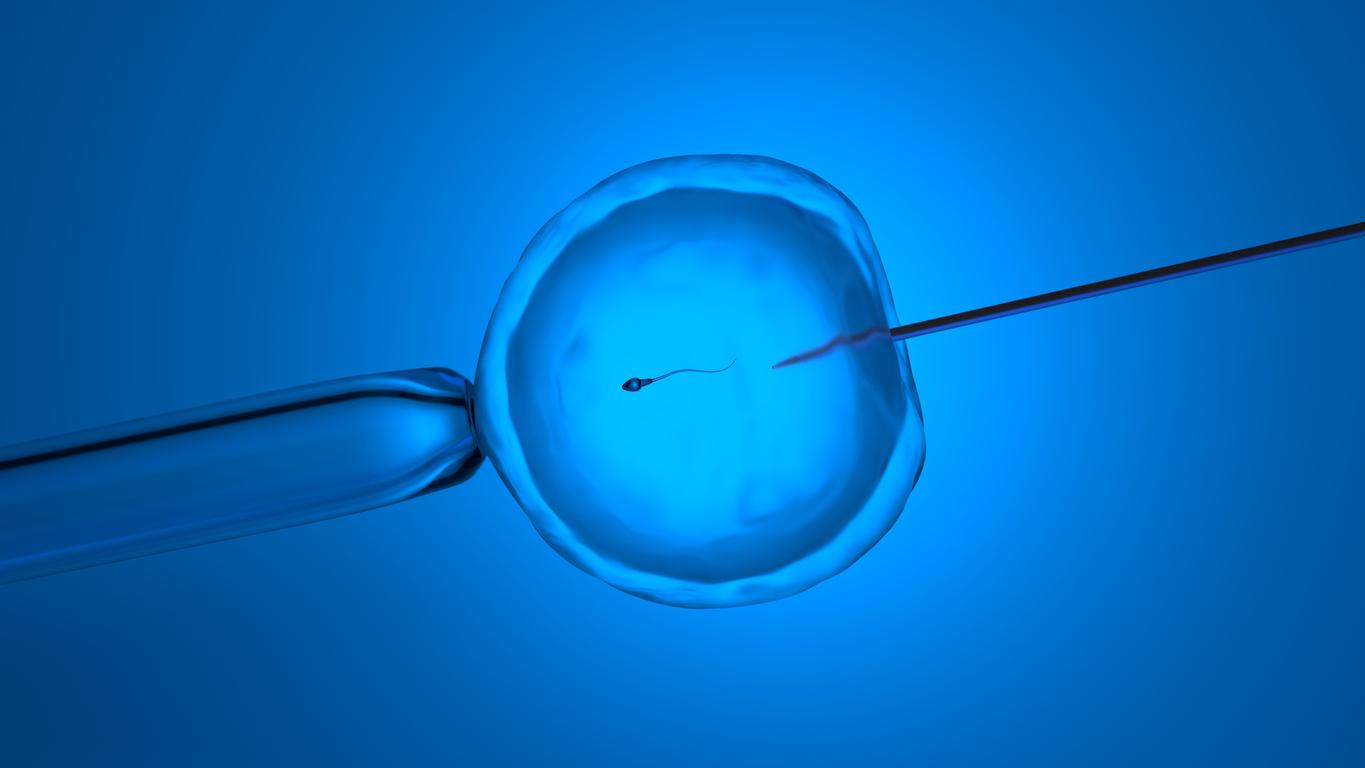Fertility rates are lower in adults who drink alcohol daily, according to a new study of some 27,000 men and women treated for infertility.

- Sperm concentration has decreased by 52.4% in the world’s population, and by nearly 60% in North America, Australia, Europe and New Zealand, according to a meta-analysis of 190 studies conducted between 1973 and 2011 on nearly of 50,000 men.
- With 11.7 liters of pure alcohol consumed per inhabitant aged 15 and over in 2017, France remains among the highest alcohol-consuming countries in the world, ranking sixth among the 34 OECD countries, according to Public Health France.
It has long been known that excessive alcohol consumption is dangerous for health: cardiovascular disease, neurological disorders, diabetes… According to a new study, published in the journal Acta Obstetricia and Gynecologica Scandinavicathere would even be a link between the fact of drinking daily and the decline in fertility (ie the number of children born).
A glass of alcohol a day harms sperm
To reach their conclusions, identified by the British daily The Independent, researchers at Tongji Hospital in Shanghai, China, compiled nine separate studies and analyzed data from nearly 27,000 adult men and women who had undergone fertility treatment in recent years. They observed that a weekly alcohol consumption of more than 84 grams (or one standard drink per day) was associated with a decrease in the fertility rate.
In detail, men who drink daily would reduce their chances of seeing their partner pregnant by 9% compared to abstainers. And for good reason, according to the study, alcohol affects their fertility by reducing the number of spermatozoa and modifying their size, shape and motility. Women are not spared either: those who raise their elbow once a day would see their chances of procreating reduced by 7%, because the drink increases the rate of oxidative stress, which promotes the risk of endometriosis or miscarriage. .
Lifestyle affects fertility
As sperm quality and counts in men, especially in the West, continue to decline (-52%, according to a 2017 meta-analysis), this new study adds to the extensive existing evidence that suggests that couples struggle to conceive because of their “bad habits” such as smoking or drinking.
“Couples should be aware that certain modifiable lifestyle factors, such as alcohol consumption habits, can affect the results of their fertility treatment, alerts Dr. Yufeng Li, lead author of the study, in a communicated. But how these factors affect the reproductive system has yet to be elucidated by research.” In the meantime, if you’re having trouble conceiving, it’s best not to drink a drop, recommends the researcher.
















